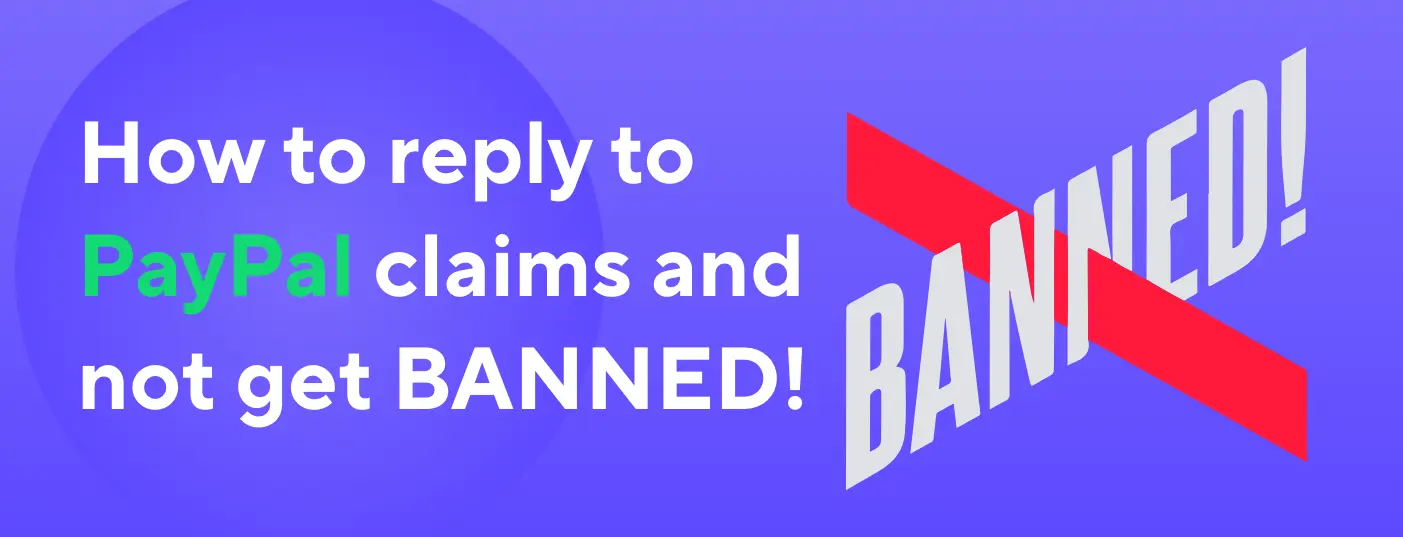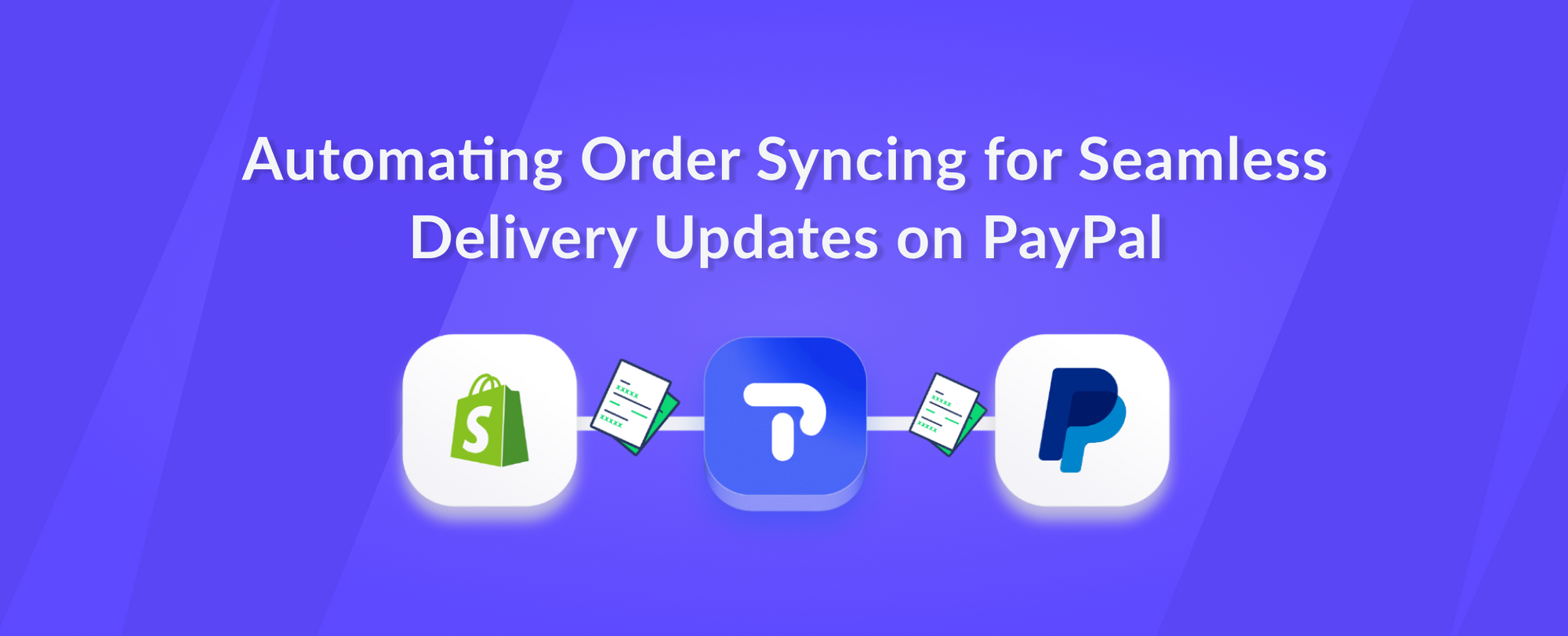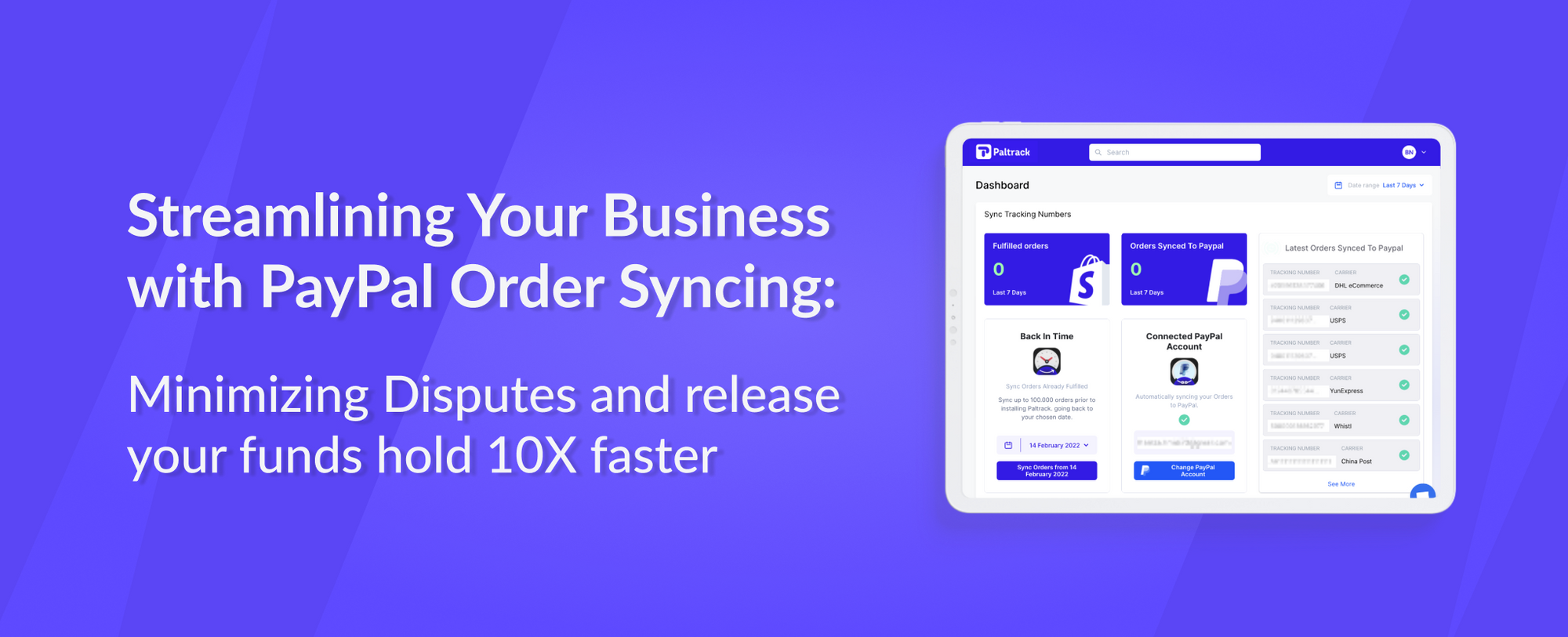As with any payment service, using PayPal comes with its own set of risks. If a buyer claims that their item was not as described, or if the goods are damaged in transit and the seller cannot provide proof of delivery, they have the opportunity to dispute the transaction and ask for their money back. If you use PayPal as a vendor (receiving payments from your customer directly into your personal account), then this process is slightly different than if you were accepting payments on behalf of your business.
The article below will help you understand what to do if you get excess claims and disputes on your PayPal account. Let�s take a look�
In our previous article “What to Do If You Receive PayPal Disputes, Claim, Chargeback, Bank Reversal, and How to Fight Them” we have elaborated on the main cause of receiving PayPal concerns and its corresponding steps on how to respond to the filed cases. We have also mentioned tips and guidelines on how to prevent receiving customers’ complaints in the first place.

For those merchants who haven’t internalized Chargebacks and Disputes, we will help you refresh on the importance of these terms and why understanding them helps you protect your stores from unwanted claims. �
What is a PayPal Claim and Dispute?
A claim is an amount of item purchased that a buyer asks PayPal to charge back to your (seller’s) account.
In some situations, the buyer makes a false claim the seller such us:
- Seller not shipping the item.
- The item is significantly different from the description.
- The seller not providing proof of delivery.
- The seller not shipping the item within the timeline defined by PayPal.
A dispute is a request from a buyer that their account is credited the full amount of the purchase.
A dispute can be filed for several reasons, but the most common are these:
- The item was significantly different from the description.
- The Item was not delivered.
- The Item was not as described.
When a buyer files a dispute against you, PayPal will hold the funds in your account until the issue is resolved. As sellers, we are not excepted to receive those mentioned customers’ issues. �Best if you know the in-depth guidelines on how to provide quality responses and the corresponding timelines to provide resolutions:
Now…
Excess Claims and Disputes and how to deal with them.
If you see a big spike in claims or disputes on your account, there might be something wrong with your process. Try rechecking your order flow and turn-around time if completing a customer’s order.
Maybe you have a great product, but there might be a problem with your shipping time, or maybe you have a bad return policy. This is not only a problem with your business but with your PayPal account as well.
PayPal will temporarily hold the funds in your account until the claim or dispute has been resolved. If the claims and disputes become excessive, it could result in your account being limited or even closed. If you see a spike in claims and disputes, you should first try to find out why. If you have a bad shipping method, consider changing it. If you have a bad return policy, consider changing it. If you have a great product, but people are having problems with your service, you should fix it.
How to get rid of an excess claim or dispute?
If your account is being affected by a spike in claims and disputes, there are a couple of things you can do to get rid of them.
The first thing you would do is to improve your business order process. Create clear shipping and return policy This could be as simple as updating your return policy on your website. If you have a spike in claims, you can also try to reach out to the customer and see if you can work something out. This will often result in them removing the claim.
Can I be banned from PayPal for excess claims and disputes?
If you have a significant spike in claims and disputes, it could result in your account being limited or even closed. It all depends on the reason for the claims and disputes. Be sure to review your store process as mentioned earlier in our article.
Final Thoughts
Like any payment service, using PayPal comes with its own set of risks. That is why sellers must learn all means of how to protect their store from possible PayPal cases and one way of doing that is to meet the PayPal Seller Protection Policy which enables you (seller) to operate your business confidently.
We would appreciate it if you could share your thoughts with us. Do you receive a volume of PayPal Cases? Are you Winning the case? �



